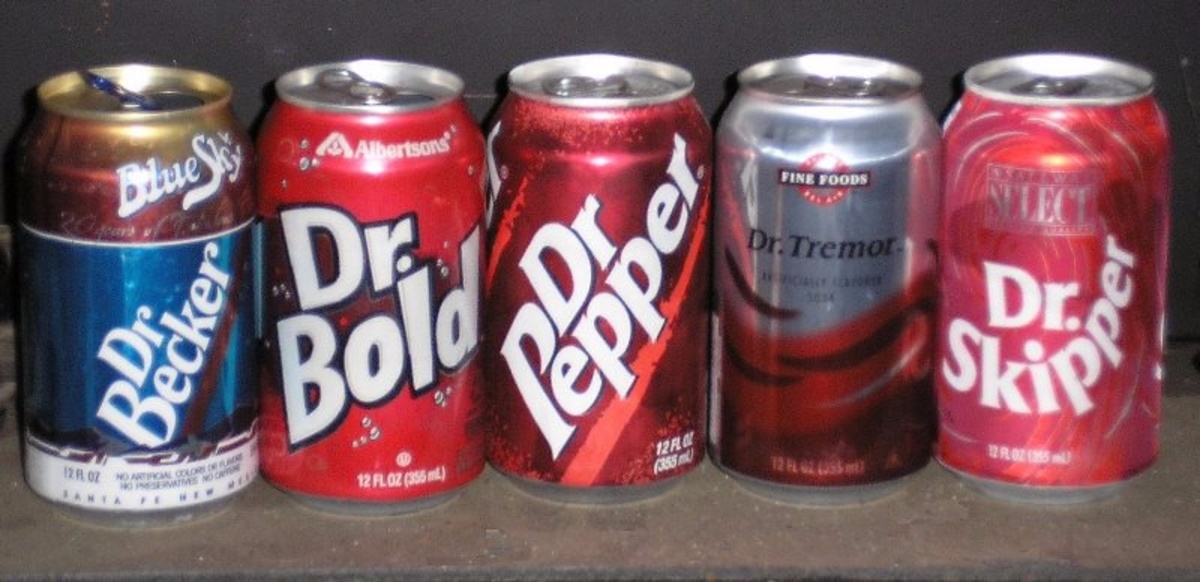
As I was driving my son to school this week, he told me about a new program that his yeshiva middle school introduced. If a boy comes to shacharis (morning services) early and says brachos (initial morning blessings) to a partner who answers amen, the boy enters a raffle that day for a can of soda. After he told me about the program, my mind began silently volleying back and forth between the advantages of early religious motivation and the pitfalls of contingency on immediate reward, an old educational and behavioral conundrum.
A while later, I overheard one of his classmates, arriving to school after the early deadline, saying to his friend, “the soda’s not really free, it’s included in tuition.” His words resounded in my ears. I was curious about his youthful negativity. Here I was, pondering the philosophical merits and demerits of rewarding religious behavior with tangible items, and it sounded like this kid couldn’t even appreciate the incentive altogether.
I thought about the boy’s words more. I realized that there is a certain truth to what he is saying about the soda. His soda certainly isn’t free. It comes at a large cost. It means he has to be enrolled in yeshiva – and his parents have to pay for it. He needs to attend yeshiva, and be there on time. Now he needs to come early for a chance to get a soda can. The soda is certainly not free! It is more than paid for with the physical and emotional demands that the yeshiva places on the boy, perhaps represented in his mind by “the tuition.” The boy was right - the soda isn’t free.
But the boy seemed to have taken the freeness of the soda further. He appeared to have let the unseen cost of the soda stand in the way of allowing it to incentivize him. In his young mind, the virtual price that the soda costs for him stands in the way of welcoming the opportunity it provides. The soda comes at a cost, but he still could have let it help him cultivate his motivation. It sounded to me like the virtual cost that the soda can had diverted the boy from embracing the encouragement that the new program could have given him.
Similarly, Dr. Dan Ariely discuses based on empirical evidence (Predictably Irrational, Chapter 3) and succinctly summarizes in this video that the allure of “free” is tantalizing. We love the feeling of getting something for nothing. There is no loss. No pain. No giving up anything.
Yet, the cost of something does not need to mar our ability to appreciate the experience. Although something isn’t free, we can still value it and treasure it. For example, a friendship demands that we invest and share ourselves in it. Financial success needs devotion of many resources. Religious growth requires us to invest our time, energy, and self. These things come at a cost, and we can allow ourselves to appreciate their unique value and importance. They are not free, but their cost doesn’t need to distract us from appreciating them.
The boy who let the cost of the soda devalue the experience for him is young and might mature out of his error. Yet, many of us might share some of his obfuscation. All experiences have “tuition.” The best things in life aren’t free – but they can be wonderful, exhilarating, and rewarding. Life's sodas can come at a cost, but that doesn't need to take the fizz out of them.
Find this post and more like it at my blog, ShmuelMaybruch.com
 Previous
Previous

